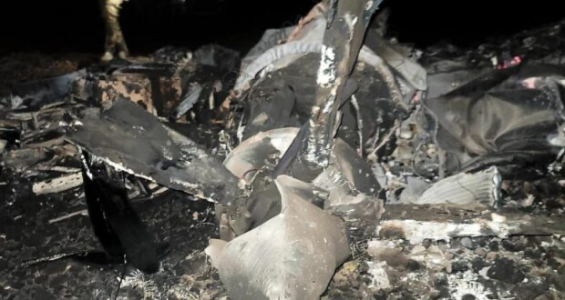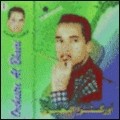What is your analysis of the recent escalation between Mali and Algeria, especially after the Algerian army claimed to have shot down a Malian drone?
Tensions between Mali and Algeria have intensified following Mali's withdrawal from the 2015 Algiers Peace Agreement, which was signed between the Azawad movements and the Malian government. Algeria sees itself as entitled to intervene in Malian politics, shaping it according to its own interests, particularly in regional conflicts. Since 1962, Algeria has sponsored four agreements between Mali and the Tuaregs, none of which have yielded concrete results, reflecting its ongoing attempts to impose its agenda on Mali.
The incident involving the Turkish drone, used by the Malian army, exposes Algeria’s misleading claims. Contrary to the Algerian army’s assertions, the drone was not shot down by its forces but rather fell near the Algerian-Malian border after being brought down by the Azawad Liberation Front.
What has changed in relations between Algeria and the Malian authorities, who have been in power since the coup on August 18, 2020?
Mali's transitional government emerged from popular demands to break away from past policies that served the interests of France, its former colonizer, and were subject to Algeria’s influence. While Algeria does not oppose military rule, it criticizes the transitional government's decision to limit its influence in Mali.
Imam Mahmoud Dicko, now in Algeria, played a key role in the popular opposition that led to the overthrow of President Ibrahim Boubacar Keïta. The secretary-general of Dicko’s June 5 Movement was appointed head of the transitional government. Additionally, the National Movement for the Liberation of Azawad (MNLA), now renamed the Azawad Liberation Front following Mali’s withdrawal from the Algiers Agreement, continues to participate in the transitional government with two ministers.
 The Algerian president receiving Imam Dicko / DR
The Algerian president receiving Imam Dicko / DR
Does Algeria use opposition forces against the Malian government as leverage?
Algeria hosts and supports nearly all opposition forces to the Bamako government, whether religious, secular, or tribal. However, it lacks the leverage to force Mali’s transitional government—strongly backed by Russia—into compliance. Algeria does not seek to overthrow Mali’s military rulers but aims to re-establish its influence over Malian foreign policy. Once this goal is achieved, Algeria is likely to abandon opposition factions, including armed groups, leaving them to Bamako.
Algeria has also attempted to restore its ties with Mali through dialogue with Moscow, but Russia appears unwilling to allow its return to the Malian scene. Meanwhile, Mali’s transitional government—despite concerns over human rights abuses linked to the Wagner Group—is pursuing internal reconciliations without external intermediaries.
 Assimi Goïta, president of Mali's transition / DR
Assimi Goïta, president of Mali's transition / DR
Aside from Mali, Algeria has tensions with most of its neighbors...
Even Tunisia, under President Kaïs Saïed, remains under Algeria’s influence in exchange for certain benefits. Algeria has been at the center of regional disputes, including border conflicts with Morocco and control over an oil-rich region in Tunisia. It has also played a destabilizing role in Libya, Mali, and Niger.
Additionally, Algeria faces accusations of sponsoring terrorism in the Sahel, with leaders of Daesh and the Group for the Support of Islam and Muslims emerging from the Tindouf camps. Through its authoritarian policies, Algeria obstructs cooperation between Maghreb and Sahel countries, hindering regional integration and economic development.
Can Algeria regain its influence in Mali?
If Mali’s transitional government continues to consolidate sovereignty by diversifying partnerships and fostering balanced regional relations, Algeria’s influence over Malian politics is likely over. However, Bamako must address regional grievances, ensure justice and development, and curb human rights abuses committed by the Wagner Group against communities accused of supporting terrorism or opposition groups.
Do rising tensions between Mali and Algeria benefit Morocco?
Morocco has a strong and well-established presence in West Africa, particularly in Mali, through religious, historical, commercial, and economic ties. Royal initiatives have further strengthened Morocco’s position in the region, marking its return to Africa’s geopolitical landscape.
Morocco’s soft power is well-rooted and should be complemented by a respectful, sovereign approach to African affairs. Developing cooperation based on a win-win principle, rather than focusing solely on defending its territorial integrity, will reinforce Morocco’s influence and help fulfill its strategic vision for the region.





 chargement...
chargement...













